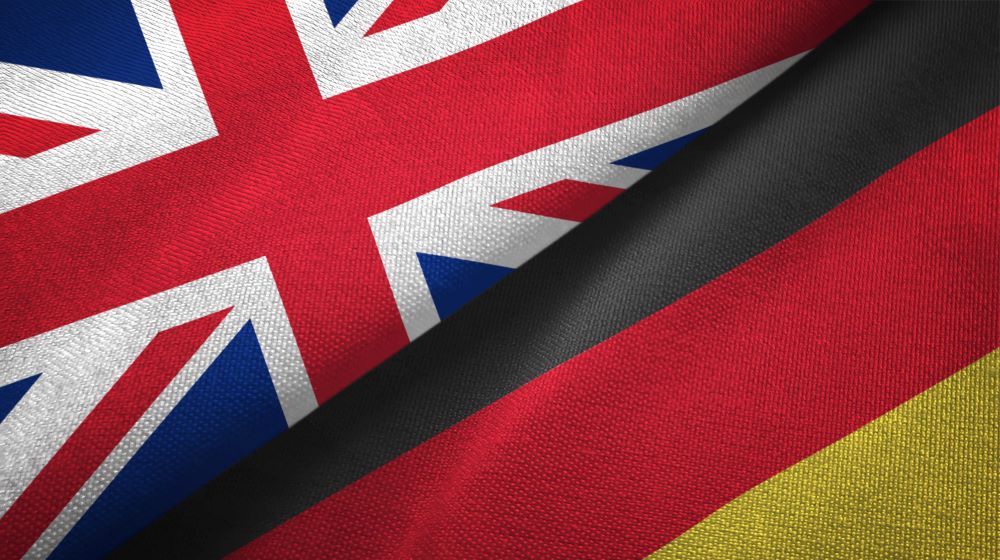 UK trade with Germany has dropped sharply since 2016, lagging behind overall import and export levels in both countries.
UK trade with Germany has dropped sharply since 2016, lagging behind overall import and export levels in both countries.
Data from Destatis, the German office for national statistics, revealed that German goods exports to the UK fell 3.9% in March compared with February and were down 0.3% on March 2021.
Compared with March 2019, exports to Britain were down 27%, even though Germany’s overall exports grew by 16%, the FT reports.
Decoupling of economies
The figures reflect the gradual decoupling of the UK manufacturing economy from the EU single market, said Ulrich Hoppe, director-general of the German-British Chamber of Industry and Commerce.
“From a German perspective, the UK is to some extent being taken out of EU supply chains . . . because it has become more complex and expensive [to trade with UK] and that has an effect on bilateral trade,” he said.
The UK fell to the bottom of Germany’s top 10 trading partners for both exports and imports, and dropped to 13th place as a source of German imports in 2021.
German chamber members cited logistical problems related to Brexit as the biggest concern in a 2022 business outlook survey.
Mixed outlook
Half of the companies surveyed were positive or very positive about their current and expected future performance in the UK, with half planning to increase their investment and to recruit more staff.
However, more respondents expect the UK economy to continue to ‘cool’ in the coming 12 months: 38% expect a worsening performance and only 23% expect it to perform better.
HMRC statistics show that British goods exports to Germany were down 10% last year compared with 2020, while overall UK exports were up 9%.
China Daily reports that data from the Office for National Statistics showed there has been significant supply chain disruption for cars and other road vehicles, along with aircraft components.



